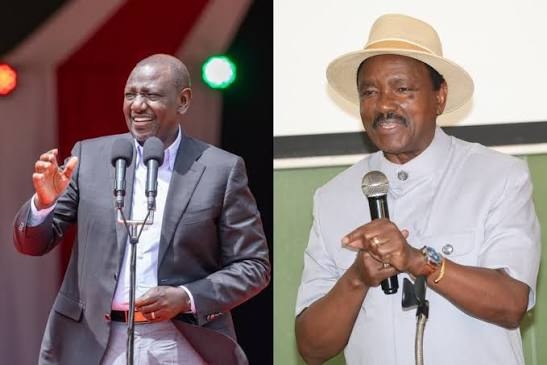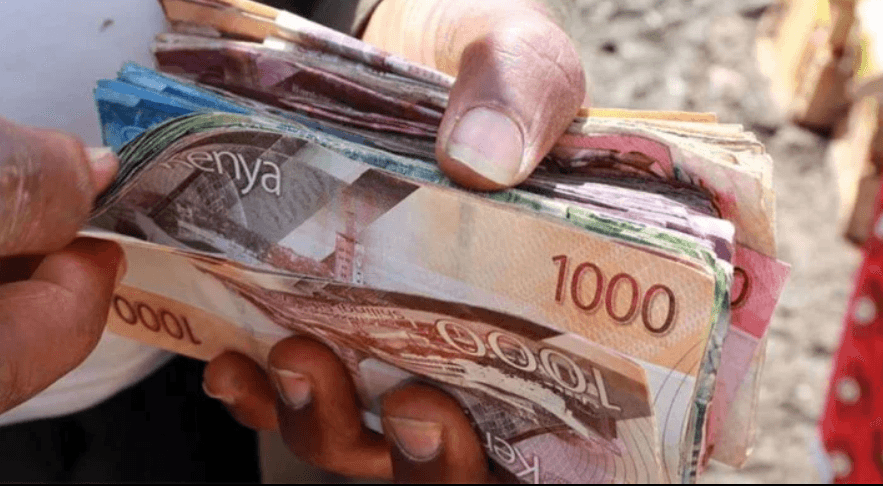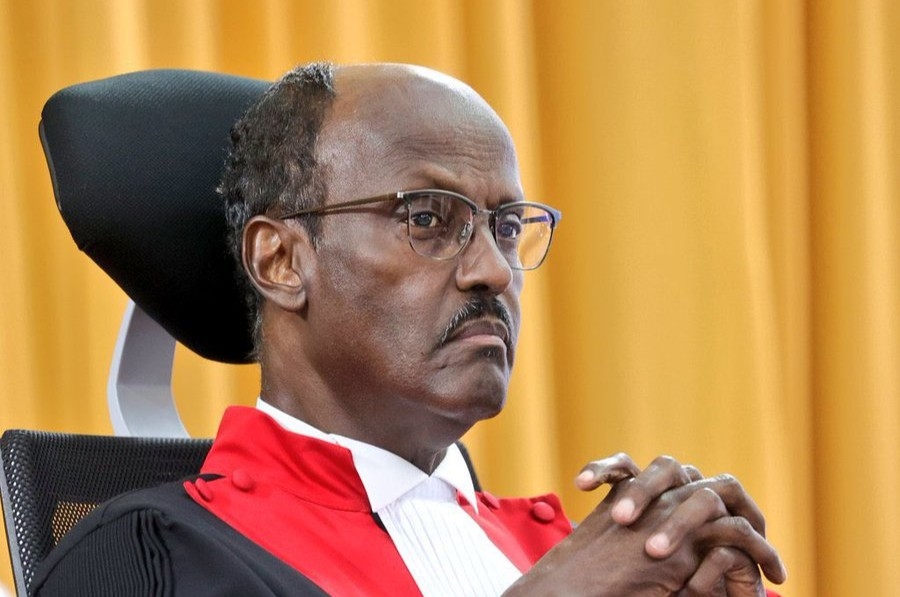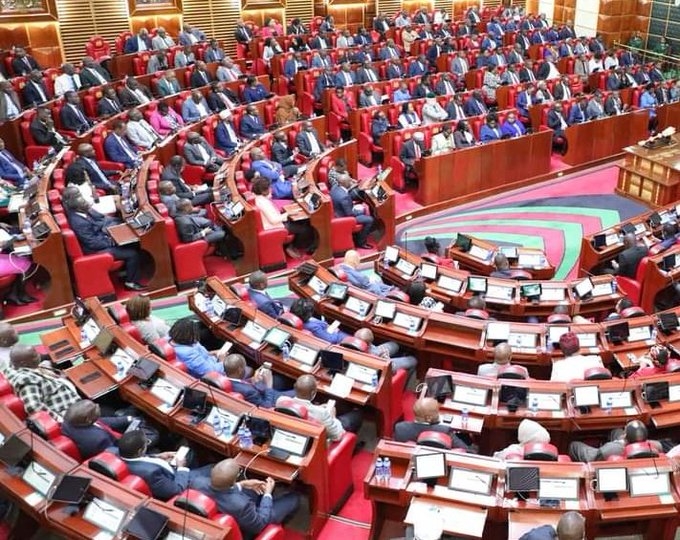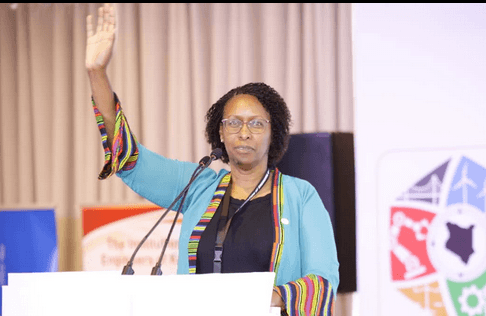
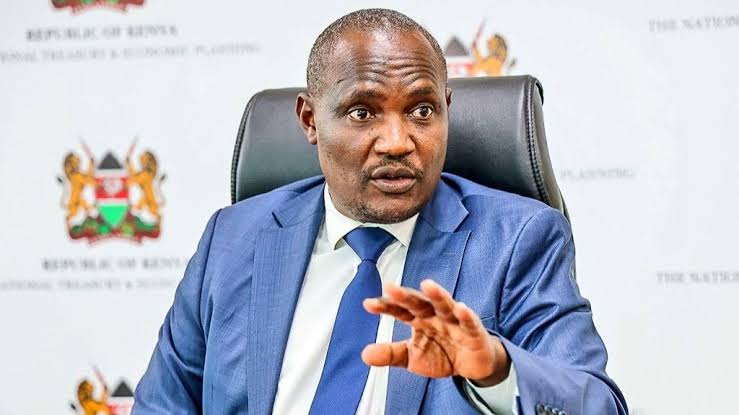
The National Treasury and Economic Planning Ministry has
officially announced that National Treasury and Economic Planning Cabinet
Secretary John Mbadi will deliver his first-ever national budget estimates on
June 12, 2025.
The CS will be making history as he reads his inaugural estimates as the man in charge of the country’s granary, following his appointment to the plum post last year.
He, however, faces an unprecedented test as he prepares to unveil the estimates against the backdrop of a debt-strained economy still reeling from last year’s anti-Finance Bill protests.
The budget will determine not only Kenya’s economic trajectory but also Mbadi’s political future, having been picked as one of the experts from the ODM party to help steady the country.
According to a public notice issued by the ministry, the budget statement will be delivered in Parliament starting at 3 pm on June 12, 2025.
This budget includes allocations for various sectors, with education and infrastructure taking a significant portion of the total budget.
The National Treasury had released the 2025/26 Budget Policy Statement, raising total budget estimates to Sh4.26 trillion from Sh3.98 trillion in the previous fiscal year.
Revenue is projected at Sh3.39 trillion, with ordinary revenue expected to hit Sh2.84 trillion, supported by ongoing tax reforms.
The government plans to spend Sh3.1 trillion on recurrent expenditure, Sh725.1 billion on development, and Sh436.7 billion in county transfers.
The proposed 2025/2026 financial year budget prioritises education, which will receive the largest share at Sh701 billion.
However, despite this allocation, it still falls short of actual needs in the education sector.
Of this, Sh377 billion has been allocated for teacher salaries, Sh55 billion for free day secondary school capitation, Sh41 billion for HELB, and funds for university scholarships, junior and primary school capitation, intern teachers, school feeding, and TVET.
A key element in the 2025/26 budget is that the government will entrench the zero-based budgeting approach in preparing budgets.
Zero-based budgeting (ZBB) is a budgeting method where every expense must be justified from scratch for each new period, rather than basing it on previous budgets.
This means that instead of starting with last year's budget and making adjustments, the government will start from zero and evaluate each expense to determine its necessity and cost.
According to the budget estimate, the National Government was allocated Sh2.7 trillion, up from Sh2.3 trillion in the previous financial year.
In the National Government, the Executive received the biggest share at Sh2.7 trillion, followed by Parliament at Sh42 billion and the Judiciary at Sh25.6 billion.
County governments, on the other hand, were allocated Sh405 billion, a drop from the Sh410 billion governors received in the 2024/2025 financial year.
In an official notice dated Wednesday, January 15, 2025, CS Mbadi invited Kenyans to give comments on the budget.
Mbadi noted that Kenyans had until January 21, 2025, to submit their comments. Encouraging Kenyans to participate, Mbadi revealed that the views of all citizens on the budget mattered.
"Section 25 of the Public Finance Management (PFM) Act,
2012, requires the National Treasury to seek and take into account the views of
stakeholders and the public in preparing the Budget Policy Statement (BPS)
before submission to Cabinet for approval, and thereafter submission to
Parliament," part of the statement by Mbadi read.







